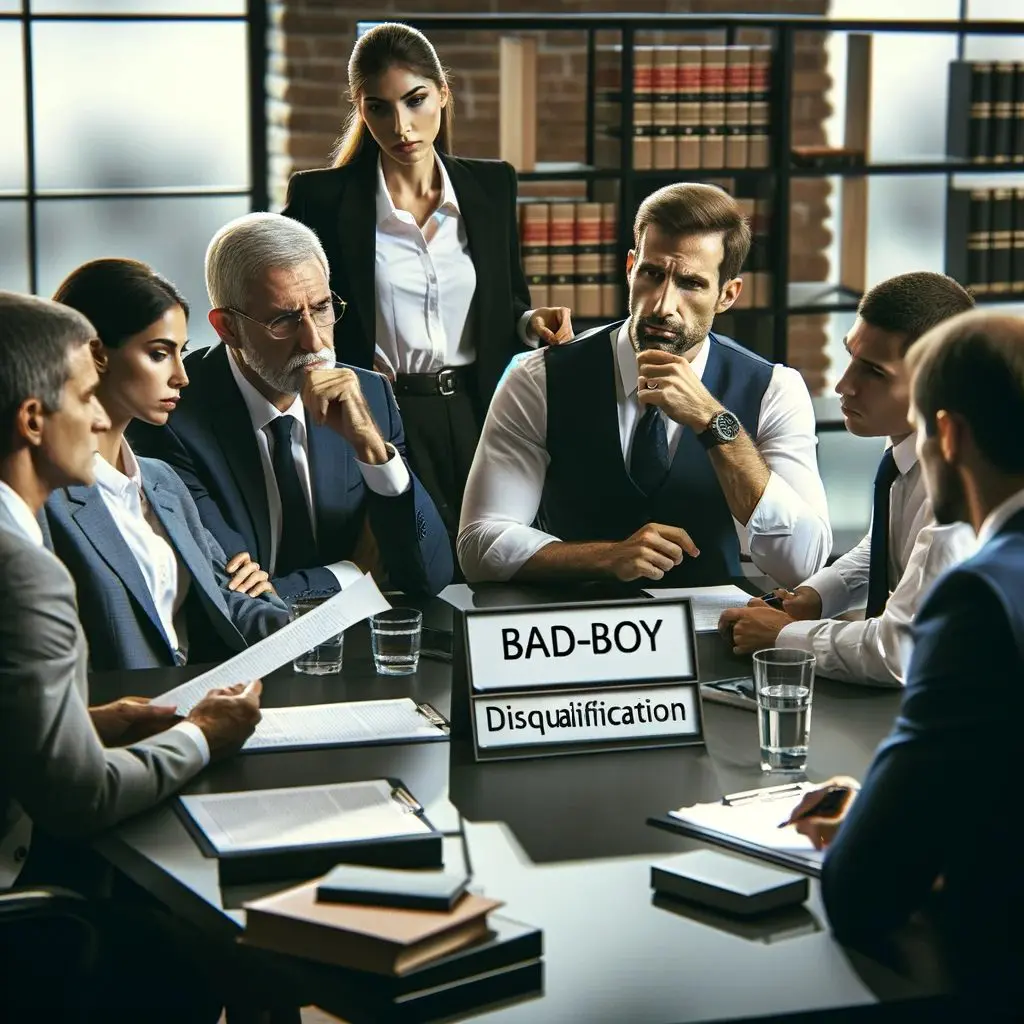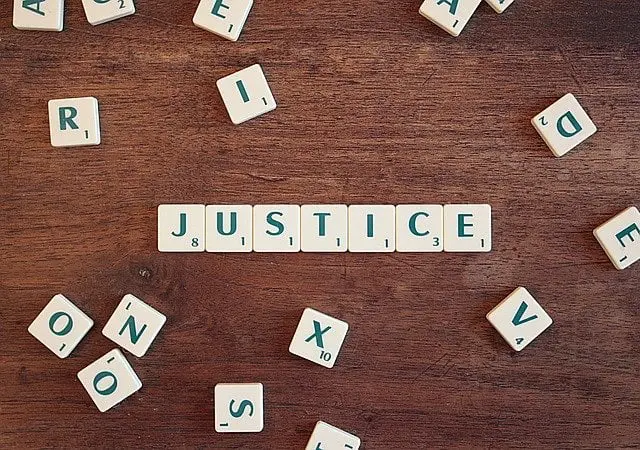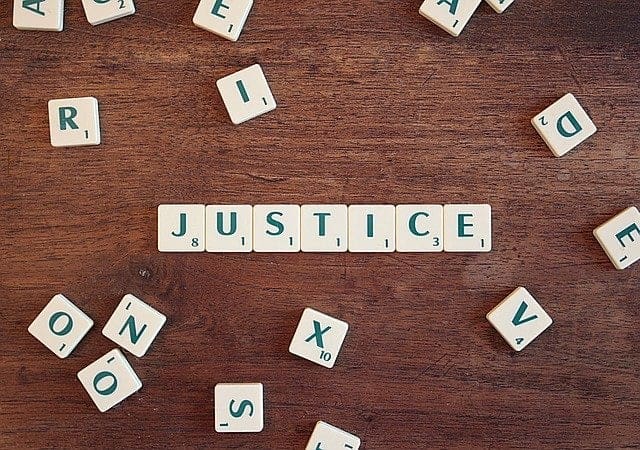In the intricate world of securities law, Bad-Boy Disqualification under Regulation D’s Rule 506 stands as a critical concept. This disqualification affects issuers and individuals involved in securities offerings, underscoring the importance of maintaining legal and ethical standards in financial practices. As investors delve into the complexities of capital markets, understanding the nuances of this disqualification becomes paramount.
What is Bad-Boy Disqualification?
Bad-Boy Disqualification refers to the restrictions imposed by the Securities and Exchange Commission (SEC) under Rule 506 of Regulation D. These restrictions prevent certain individuals and companies with a history of securities fraud or other financial misconduct from participating in private securities offerings. The rule aims to protect investors by ensuring that only compliant entities can benefit from the exemptions provided under Regulation D.
Triggering Factors for Bad-Boy Disqualification
The disqualification can be triggered by various events, including criminal convictions, court injunctions, and restraining orders related to securities fraud, financial misrepresentation, or unethical conduct in financial dealings. The SEC has set specific look-back periods for these events, typically ranging from five to ten years, to assess the eligibility of entities under this rule.
Impact on Securities Offerings
The presence of a disqualified individual or entity can significantly impact the ability of a company to raise capital through private offerings. It can lead to the loss of the exemption provided under Rule 506, which is a vital tool for startups and small businesses seeking capital. Therefore, companies must conduct thorough due diligence to ensure none of the participants in their offerings are subject to Bad-Boy Disqualification.
Legal Remedies and Compliance Strategies
Legal remedies for those facing Bad-Boy Disqualification include seeking waivers from the SEC or rectifying the disqualifying events where possible. Companies are increasingly implementing robust compliance programs to prevent association with disqualified individuals. These programs involve regular background checks, legal audits, and continuous monitoring of the compliance status of all parties involved in their securities offerings.
The Role of Legal Advisors
Legal advisors play a crucial role in guiding companies through the complexities of Bad-Boy Disqualification. They provide essential advice on compliance, conduct due diligence, and help navigate the process of seeking waivers or remedying disqualifying events. Their expertise is invaluable in ensuring that companies adhere to the high standards of financial conduct required under securities law.
Case Studies of Bad-Boy Disqualification
To illustrate the impact of Bad-Boy Disqualification, several case studies are notable. For instance, a well-known investment firm faced disqualification when one of its executive officers was convicted of securities fraud. This led to the firm losing its exemption under Rule 506, significantly hindering its ability to raise capital. Another case involved a startup company that was unaware of the disqualification status of one of its board members, leading to a costly and time-consuming process of legal rectification and compliance restoration. These cases underscore the importance of thorough due diligence and compliance monitoring in securities offerings.
Evolution of the Bad-Boy Disqualification Rule
The Bad-Boy Disqualification rule has evolved over the years to become more inclusive and stringent. Initially, the focus was primarily on criminal convictions and major securities law violations. However, over time, the rule expanded to include a broader range of disqualifying events, such as court injunctions and orders from regulatory agencies. This evolution reflects the SEC’s commitment to protect investors and maintain the integrity of the capital markets.
Comparison with Similar Global Regulations
Globally, similar regulations aim to protect investors from unethical practices in the securities market. For example, the European Union has regulations that disqualify individuals from participating in securities offerings if they have been involved in financial misconduct. However, the specifics of these regulations, such as the look-back period and the types of disqualifying events, can vary significantly from those in the U.S. Understanding these differences is crucial for multinational companies engaged in global securities offerings.
Strategies for Maintaining Compliance
Maintaining compliance with Bad-Boy Disqualification requirements involves several strategies:
- Regular Background Checks: Conducting thorough background checks on all individuals involved in a securities offering is crucial.
- Continuous Monitoring: Regular monitoring of the compliance status of all participants in the offering process is essential.
- Legal Audits: Periodic audits by legal experts can help identify potential compliance issues early.
- Education and Training: Educating all involved parties about the rules and the importance of compliance can prevent unintentional violations.
- Implementing Robust Compliance Programs: Establishing a comprehensive compliance program that includes procedures for identifying and addressing potential disqualifying events.
Conclusion
The Bad-Boy Disqualification rule plays a vital role in the U.S. securities market, and its importance is mirrored in similar regulations worldwide. Through careful compliance strategies, including case studies analysis, understanding the evolution of the rule, and drawing comparisons with global regulations, companies can effectively navigate these complex legal waters. Adhering to these standards not only ensures compliance but also reinforces investor confidence in the integrity of the capital markets.
Disclosure: Generative AI Created Article
















